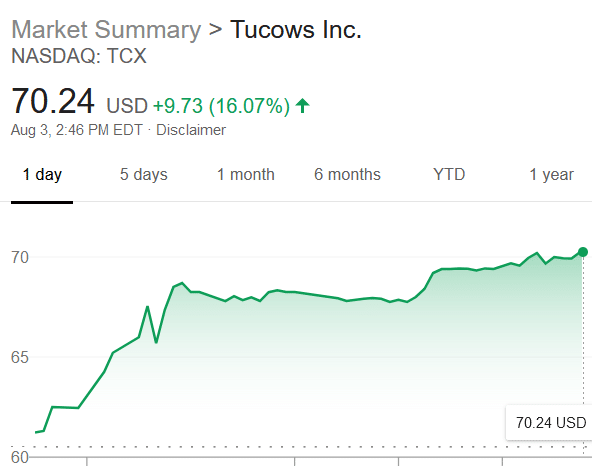The private equity firm GTCR is planning to purchase a majority stake in the carrier Consumer Cellular for 2.3 billion dollars. With roughly four million subscribers, the purchase price comes out to over $500 per subscriber. The deal is expected to close in late 2020.
I don’t know what source Mike Dano of Light Reading is relying on, but he seems to have insights into the details of the sale:
A year of acquisitions
The wireless market in the U.S. has seen a lot of movement lately. Sprint, Ting, Boost, Consumer Cellular, and a whole bunch of brands owned by TracFone have either been acquired in the last year or are in the process of being acquired.
The latest deal with Consumer Cellular presents interesting contrasts with the acquisition of Boost Mobile. DISH paid about 1.4 billion for roughly 9 million Boost subscribers. The cost per subscriber in the Boost acquisition came out to about $150, roughly one-fourth of the cost per subscriber in the Consumer Cellular acquisition. Consumer Cellular’s lower churn rate may explain some of the discrepancy.






